
Architect Vo Trong Nghia - Photo: NVCC
Information from the organizing committee of the Fukuoka Asian Culture Awards (Japan) shared on May 22.
This is a Japanese cultural award to honor individuals with outstanding achievements in the fields of academic research, arts and culture in Asia.
According to the announcement, in addition to the Cultural Arts Award given to architect Vo Trong Nghia (Vietnam), the Grand Prize was awarded to Mr. Takara Kurayoshi (Japan), and the Academic Research Award was awarded to Mr. Baik Youngseo (Korea).
The award ceremony is scheduled to be held on September 16 at the Fukuoka City Civic Hall, Japan.
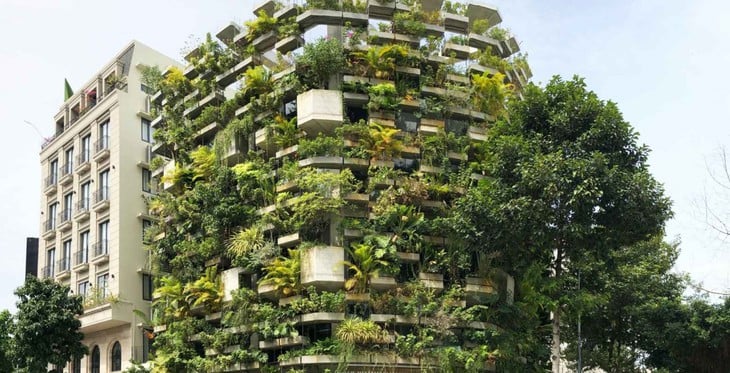
Green architecture by Vo Trong Nghia - Photo: VTN Architects
Vo Trong Nghia - a man determined to build green and ecological architecture
Vo Trong Nghia is an architect widely known for a series of designs that take into account the local environment, vegetation, and structures that use bamboo and wood as building materials.
He is also a highly regarded architect who conveys many new ideas through his works on green architecture, combining Southeast Asian traditions with modern design methods and construction techniques.
The Fukuoka Asian Cultural Prize 2025 Council assessed that Vo Trong Nghia is always steadfast in green and ecological architecture.
He explores the role of architecture in addressing the urban challenges facing rapidly developing Vietnam, through integrating greenery into open-plan buildings commonly found in the tropics, and innovating in ventilation and insulation methods.
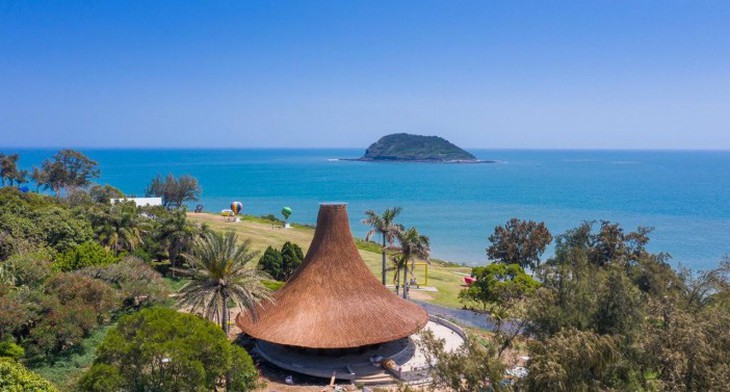
Grand World Phu Quoc Reception House - Photo: VTN Architects
Many impressive awards
Vo Trong Nghia was born in 1976 in Quang Binh province. After receiving a scholarship from the Japanese Government in 1996, he went to Japan to study and graduated from Nagoya University of Industry.
He then received his master's degree in architecture from the Faculty of Civil Engineering, University of Tokyo.
His master's thesis at the Faculty of Civil Engineering, University of Tokyo won the prestigious Furuichi Prize for Outstanding Thesis, and he received the University of Tokyo President's Award for Outstanding Student.
Vo Trong Nghia received his PhD in architecture from Waseda University in Tokyo in 2022.
He was appointed Norman R. Foster Visiting Professor of Architectural Design at Yale University in 2024, and a visiting professor at the University of Pennsylvania from 2025.
His notable architectural works include his debut work Wind and Water Café ( Binh Duong , 2006) and Grand World Phu Quoc Reception House (Phu Quoc, 2021), both of which are part of his famous bamboo architecture series.
Other notable works include Thang House (Da Nang City, 2021) - an urban house combined with greenery; Bat Trang House (Hanoi, 2020) - a house with highly efficient heating, insulation and ventilation systems thanks to ventilation holes on ceramic brick walls;
Buddhist and Ancestral Temple (Ben Tre, 2021) - a wooden structure that recreates traditional architecture in a modern way; Urban Farming Office (HCMC, 2022) - an open structure with a green design to minimize energy consumption.
Besides, he also designed the Vietnam Pavilion at the Shanghai Expo 2010.
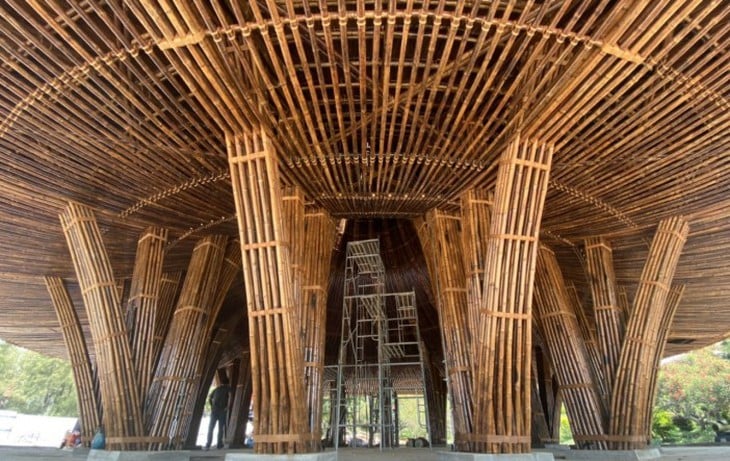
A bamboo work by Vo Trong Nghia - Photo: VTN Architects
Vo Trong Nghia's architectural works have received many awards, including the 2012 National Architecture Award (Vietnam, 2013), the Prince Claus Award (Netherlands, 2016) and 6 gold medals from ARCASIA (Asian Council of Architects).
In 2014, the World Economic Forum honored him as one of the young global leaders.
Source: https://tuoitre.vn/kien-truc-su-vo-trong-nghia-nhan-giai-van-hoa-chau-a-fukuoka-20250522111830836.htm


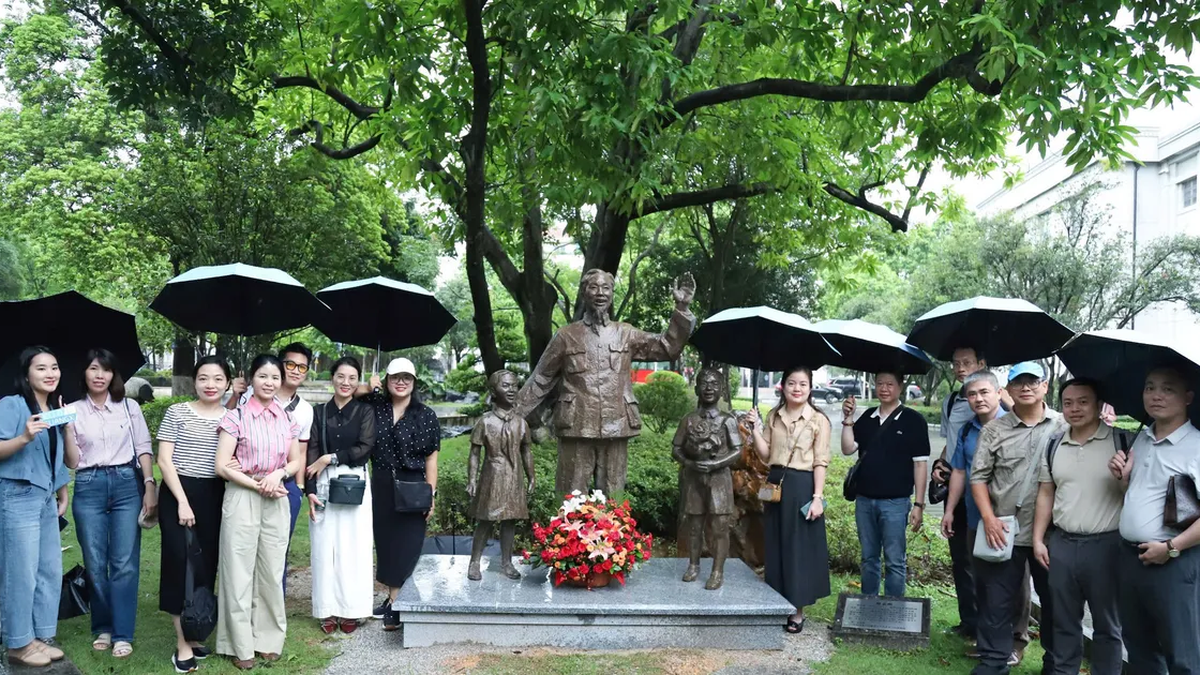
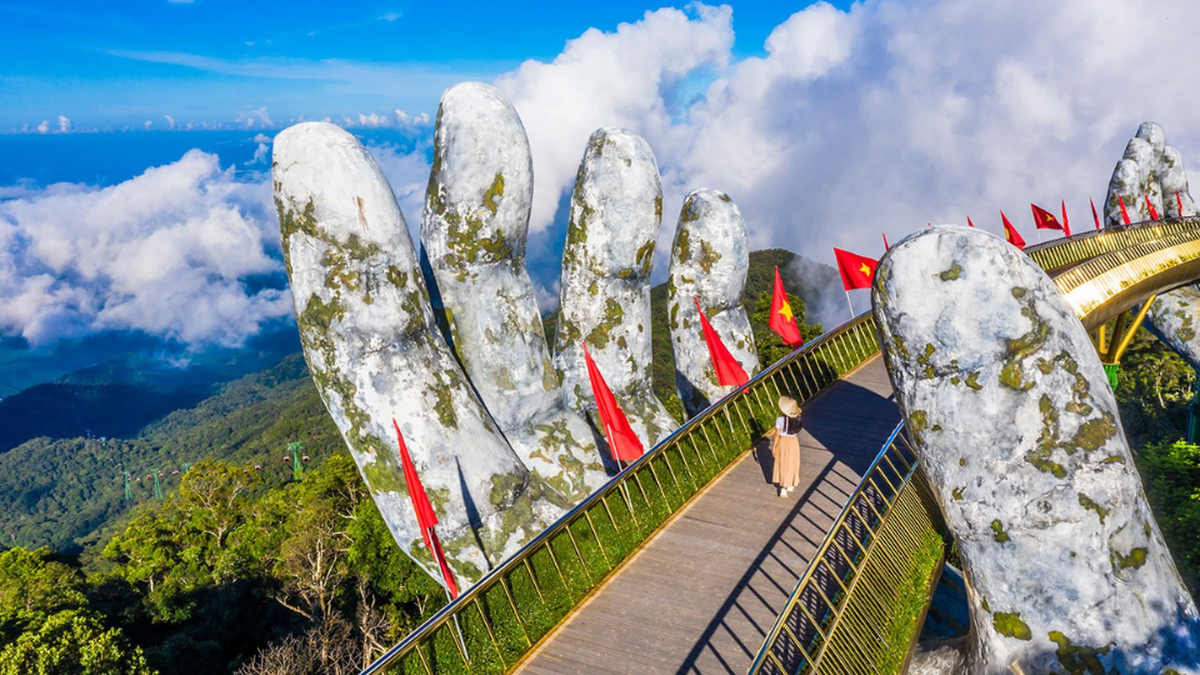
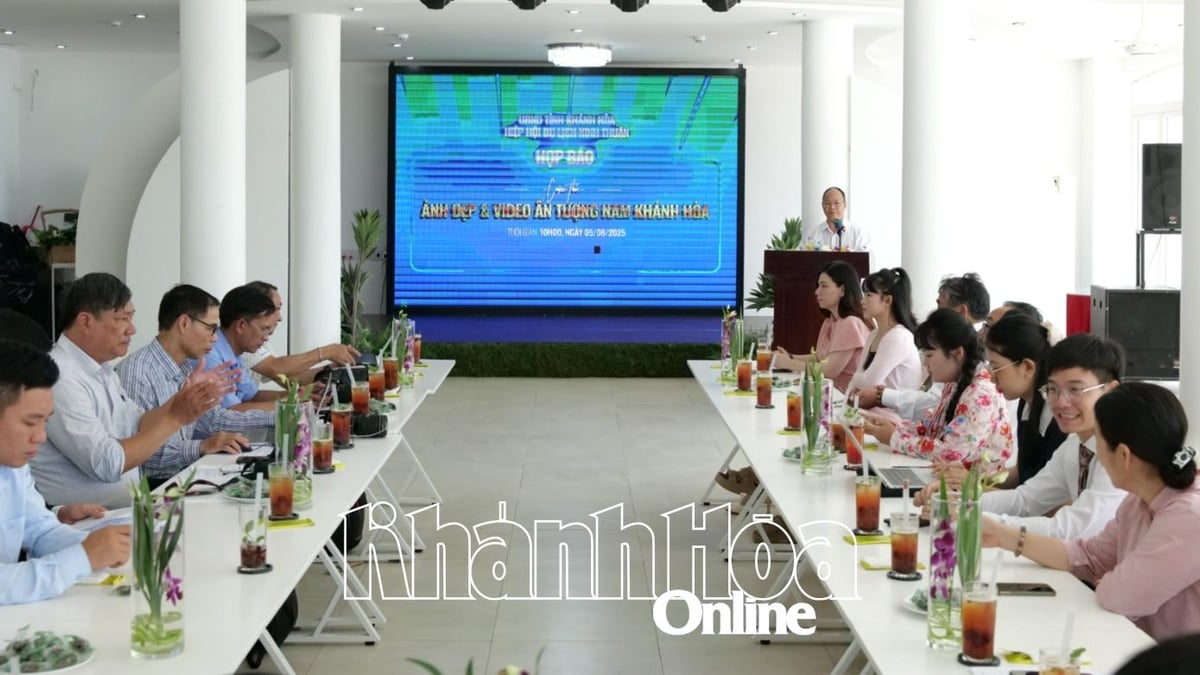
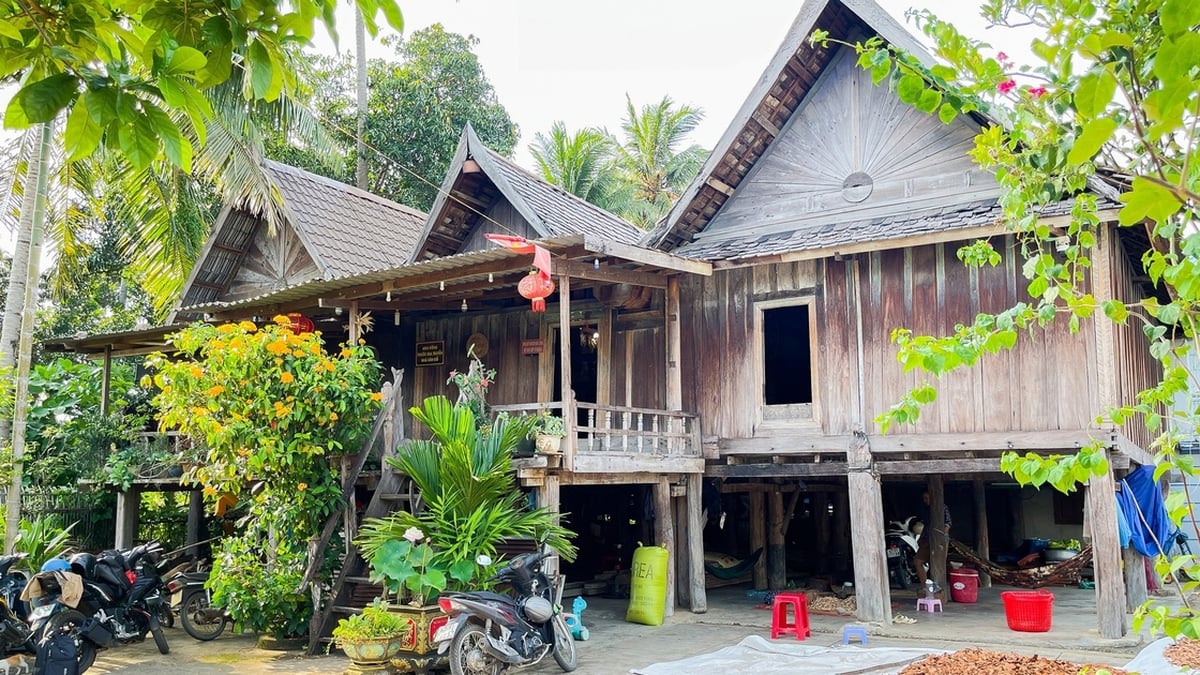

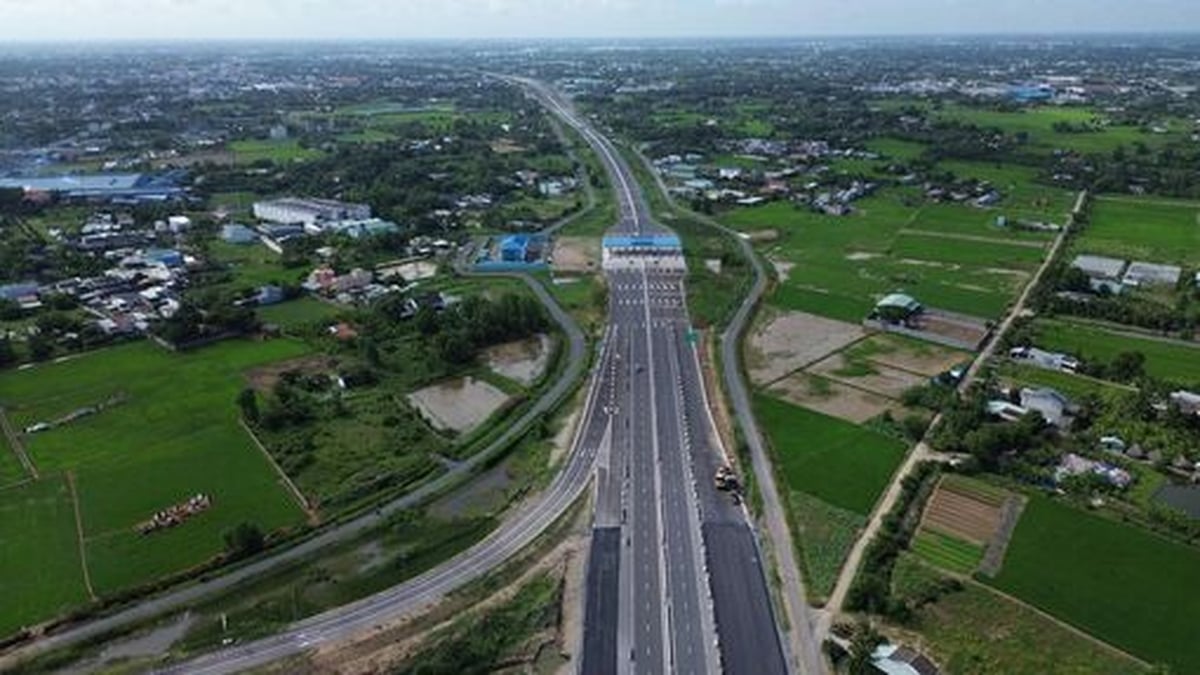


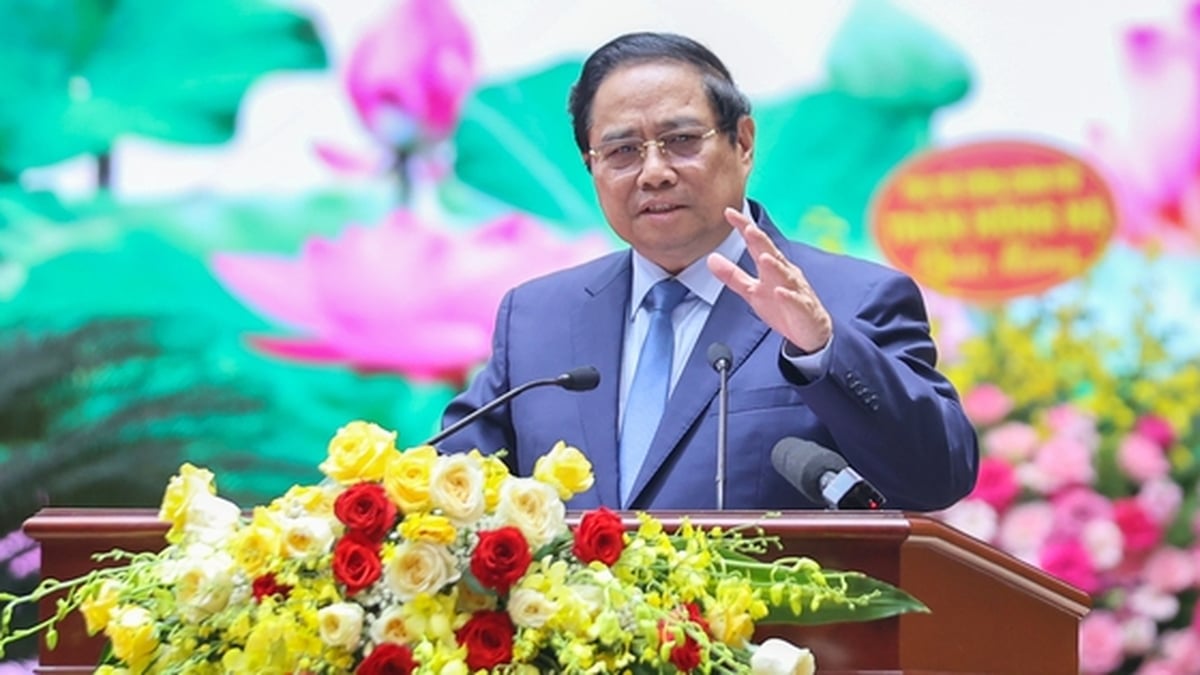







































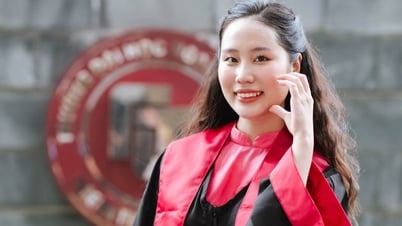








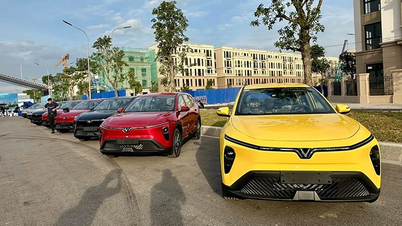




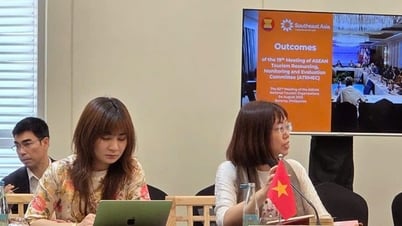

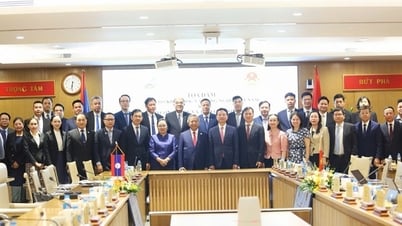

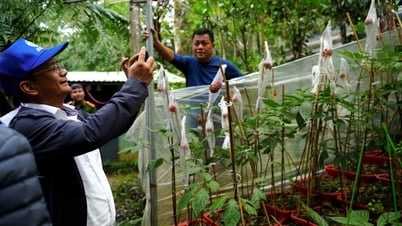


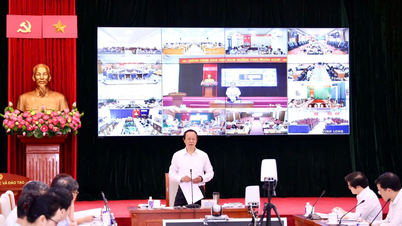

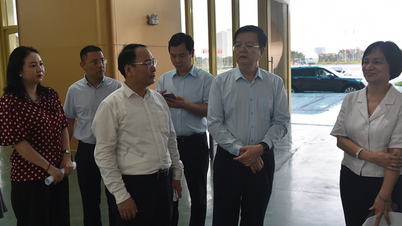
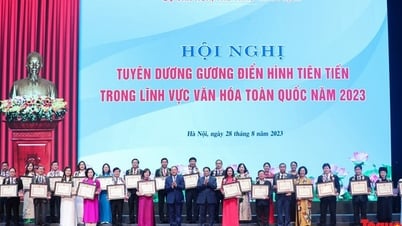

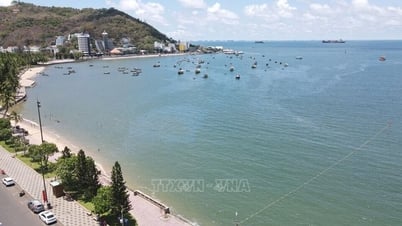






















Comment (0)